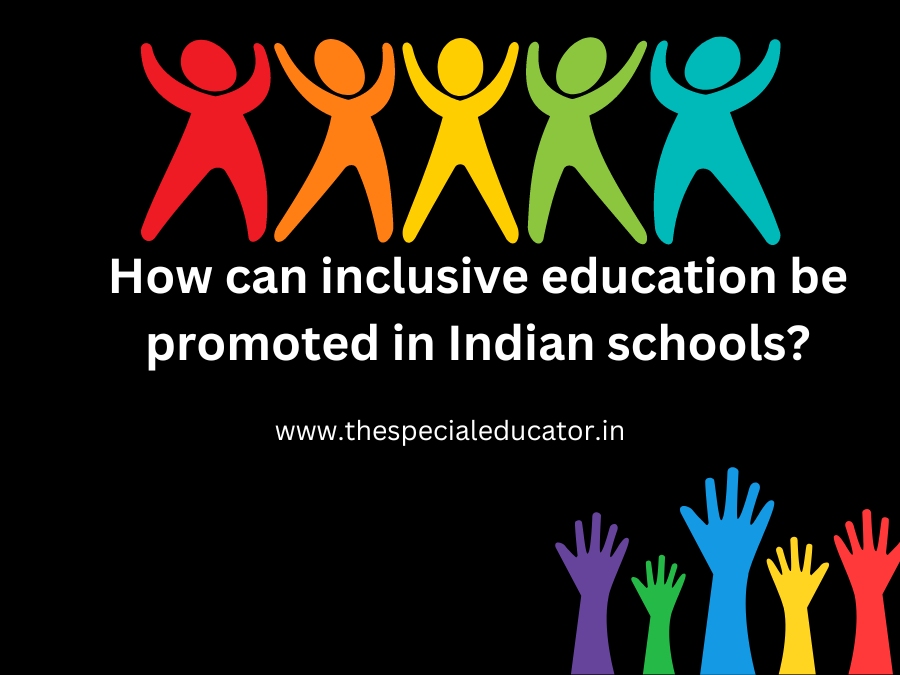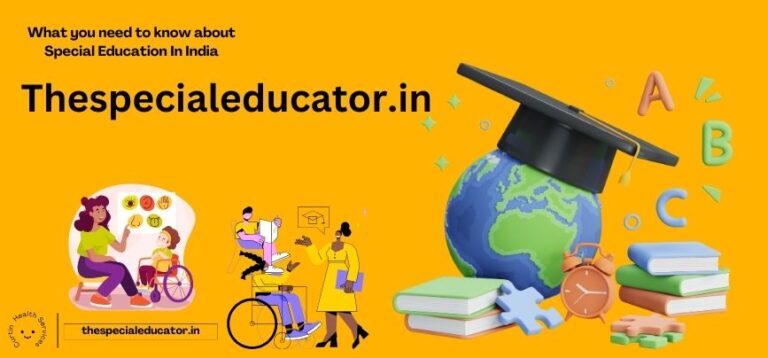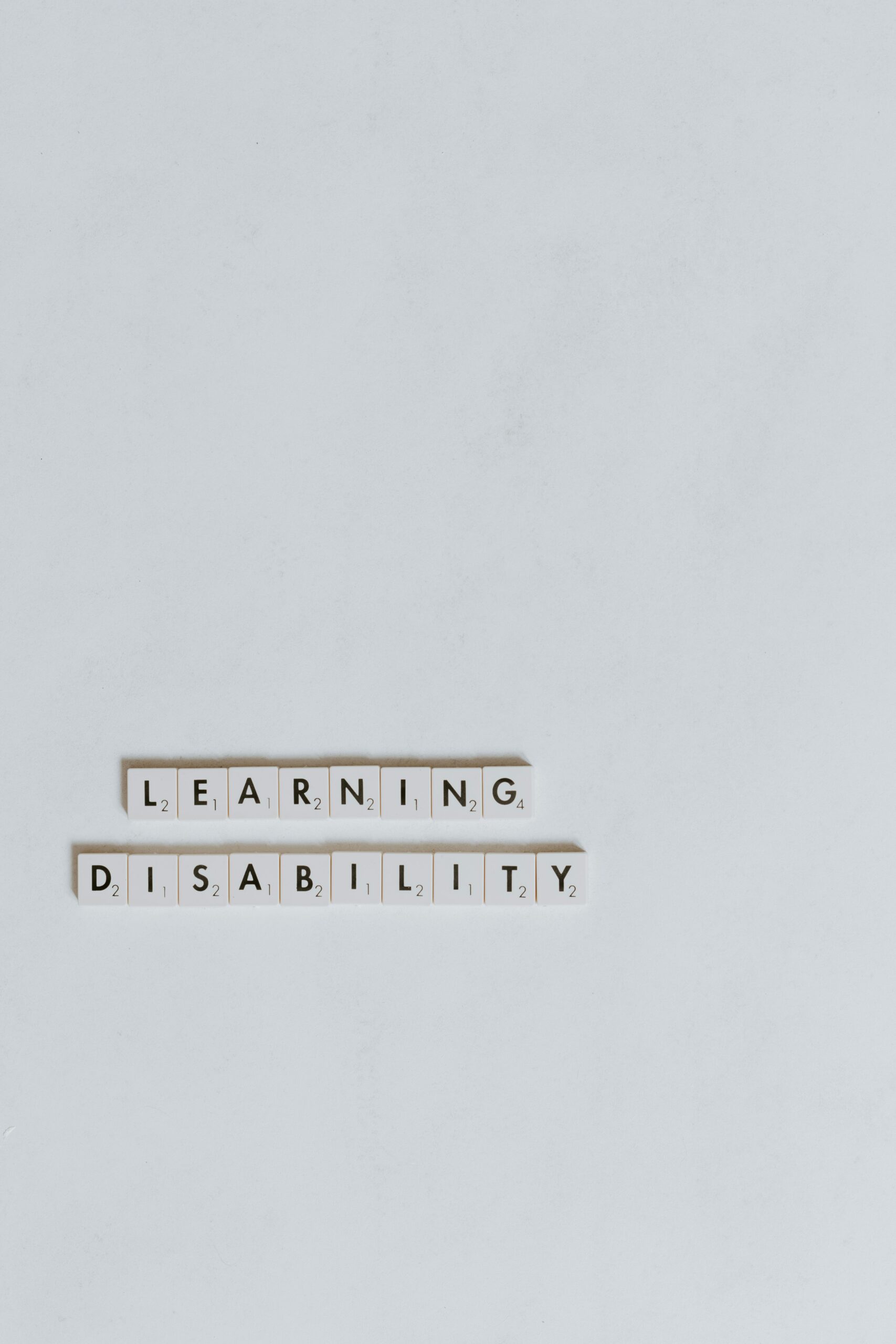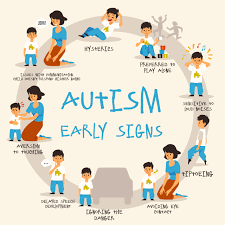How can inclusive education be promoted in Indian schools?
Promoting inclusive education in Indian schools requires a multifaceted approach involving various stakeholders, including educators, administrators, policymakers, parents, and the community. Here are several strategies to promote inclusive education in Indian schools:
- Policy Support: Advocate for the development and implementation of inclusive education policies at the national, state, and local levels. These policies should emphasize the right of every child, regardless of ability, to access quality education in mainstream schools.
- Teacher Training and Professional Development: Provide comprehensive training and ongoing professional development opportunities for teachers on inclusive teaching practices, differentiation strategies, understanding diverse learning needs, and classroom management techniques.
- Curriculum Adaptation: Modify curriculum materials, instructional methods, and assessment approaches to accommodate diverse learning styles and abilities. Ensure that curriculum content is accessible and relevant to all students, including those with disabilities.
- Universal Design for Learning (UDL): Implement UDL principles to create flexible learning environments that can be customized to meet the needs of all learners. Provide multiple means of representation, expression, and engagement to support diverse learners.
- Collaborative Planning and Team Teaching: Encourage collaboration among general education teachers, special education teachers, support staff, and other professionals to co-plan and co-teach inclusive lessons. Foster a team approach to meet the individual needs of students.
- Positive Behavior Support: Implement proactive strategies to promote positive behavior and prevent challenging behaviors. Foster a positive school climate and implement evidence-based practices for behavior management.
- Peer Support and Peer Mentoring Programs: Establish peer support programs where students with and without disabilities work together and support each other in academic and social activities. Promote peer mentoring initiatives to foster friendships and social connections.
- Parent and Community Engagement: Involve parents and caregivers in the education process by providing information, resources, and opportunities for collaboration. Build partnerships with community organizations, advocacy groups, and disability service providers to support inclusive practices.
- Physical Accessibility and Universal Design: Ensure that school facilities, classrooms, playgrounds, and transportation are physically accessible to students with disabilities. Implement universal design principles to create barrier-free environments for all students.
- Promote Awareness and Sensitization: Conduct awareness campaigns, workshops, and training sessions to raise awareness about disability rights, combat stigma, and promote acceptance and inclusion of individuals with disabilities within the school and broader community.
By implementing these strategies and fostering a culture of inclusivity, Indian schools can create learning environments where all students feel valued, supported, and empowered to reach their full potential.




